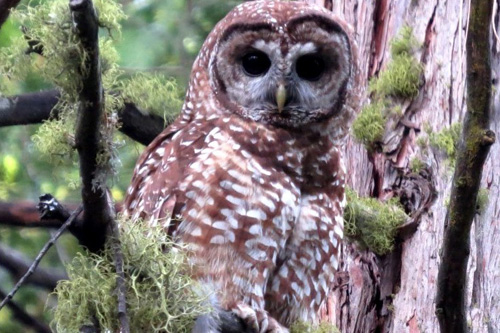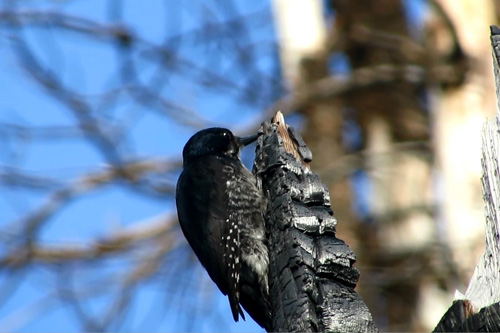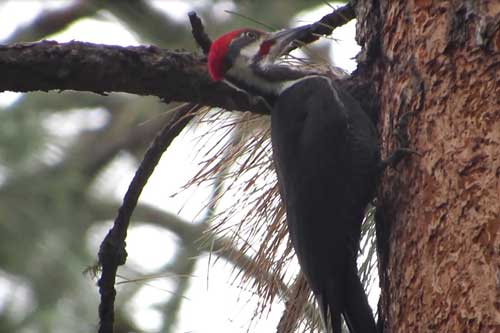TATTOOED
Life leaves it marks, all sizes and shapes
Some are hard to see and some you notice at a glance
Some are by nature and some are by hand
Some are deliberate and some are by chance
The Eagle on my shoulder is the freedom I crave
The Ying Yang below is the hope I long to save
The one on my knee is from a slide into third
it’s a jagged line from side to side
The one on my calf really hurt,
but oh what a ride
The dolphin tail on my back began as an escape
that lead me to find true love
The peace I yearn for shines from the sun
artfully scribed just up above
The scar on my soul is vivid but ensconced
It was left by my stolen youth
The symbol on my hip resembles a butterfly in flight
It is a reminder of the truth
The scar on my heart reminds me that you’re gone
Poignant and permanent, like the words of a song
The design on my stomach is fire and words
Consumed by passion and flame is where I belong.
What keeps me going after so many markings
Is the hope and light I see in you
It’s the desire to know the who or the what
That will design the next tattoo
FOREVER
So long as I
am of this earth
A beat left
within my heart
 Whether from
near or from afar
Whether from
near or from afar
There will
always be someone that loves you
Heart and
Soul, more than life itself
But when my
time is done here
If it is to
the sky that I do fly
There will be
an angel watching over you
I’ll be the
flicker of light from up high
But if in
heaven they don’t want me
If it is the
fire that calls me home
I’ll be the
breathe of heat upon your neck
You feel when
you’re alone
The tepid
breeze at your back
That always
keeps you warm
Biography
Jill-Michele Lewis was born April 1969
in Florida. Although she left Miami to further
her education, her love of the ocean brought her back. No matter how far she travels or resides
… She will never be too far from the Florida shores.
She loves sports; softball, swimming, jogging, any and all forms of exercise
(although her two left feet keep her from dancing anything more than a VERY
SLOW sway) and will pretty much take on any sport that requires a racquet. She practices martial arts, Tae kwon Do and Jujitsu,
as a means of exercise, self-discipline and self-defense.
A lover of words: Since she was able to talk, the freedom of
expression was always a key point in her life.
The spoken word, words that were sung and eventually the written word. Recently her love of expression and the desire
to communicate on an even larger scale led her to the study of the Spanish
language. Although still not perfect,
this is now another language of words to choose from as means to express
herself. Words are like
butterflies. They are cocooned until
they mature to full thoughts and sentiments and then long to be set free and to
share their beauty with the world.
PARA SIEMPRE
Mientras que yo
sea de esta tierra
Un latido aun dentro de mi
corazón
Ya sea de cerca o de lejos
Siempre habrá alguien que te ama
Corazón y alma, más que la vida misma
Pero cuando mi tiempo aquí ha terminado
Si es para el cielo que yo vuelo
Habrá un ángel que velara por ti
Voy a ser el parpadeo de la luz desde lo alto
Pero si en el cielo no me quieren
Si es el fuego que me llama a casa
Voy a ser el soplo de calor sobre tu cuello
Que sientes cuando estás solo
La brisa tibia en la espalda
Que siempre te mantiene cálido
TATUADO
La vida deja que marca todos los tamaños y formas
Algunos son difíciles de ver y algunos que notan a simple vista
Algunos son de naturaleza y algunos son a mano
Algunos son deliberada y algunos son por casualidad
El águila en el hombro es la libertad que anhelan
El Ying Yang a continuación es la esperanza me largo para ahorrar
El de mi rodilla es de una caída en la tercera
es una línea quebrada de lado a lado
El de mi pantorrilla realmente duele,
pero oh qué un paseo
La cola del delfín en mi espalda comenzó como un escape
que me llevan a encontrar el amor verdadero
La paz os añoro brilla el sol
ingeniosamente descrito justo arriba
La cicatriz en mi alma está viva pero ensconced
Se dejó por mi juventud robada
El símbolo en mi cadera se asemeja a una mariposa en vuelo
Es un recordatorio de la verdad
La cicatriz en mi corazón recuerda que te has ido
Conmovedor y permanente, como las palabras de una canción
El diseño en el estómago es el fuego y las palabras
Consumido por la pasión y la llama es donde pertenezco.
Lo que me mantiene después de tantas marcas
Es la esperanza y la luz que veo en ti
Es el deseo de conocer el quién o el qué
Eso será diseñar el próximo tatuaje
Biografía
Jill-Michele Lewis nació abril 1969 en Florida. Aunque
salió de Miami para continuar su educación, su amor por el mar la trajo de
vuelta a Miami. No importa lo lejos que viaje o viva ... Nunca estará demasiado
lejos de las costas de la Florida.
A ella le encanta el deporte; softbol, natación, correr, cualquier y todas las formas de ejercicio (aunque sus dos
pies izquierdos le impiden bailar nada más que una influencia muy lento) y sin
lugar a dudas jugara cualquier deporte que requiera de una raqueta. Ella
practica artes marciales, Tae Kwon Do y jiu-jitsu, como una forma de ejercicio,
la autodisciplina y la autodefensa.
Amante de las palabras: Desde que era capaz de hablar, la libertad de expresión
siempre fue un punto clave en su vida. La palabra hablada, las palabras que se
cantaban y, finalmente, la palabra escrita. Recientemente su amor por la
expresión y el deseo de comunicarse en una escala aún mayor la llevó al estudio
de la lengua española. Aunque todavía no es perfecto, este es ahora otro
lenguaje de palabras para elegir como medio para expresarse. Las palabras son como
las mariposas. Están en capullo hasta que maduran a pensamientos y sentimientos
completos que luego ansían ser puestas en libertad, para compartir su belleza
con el mundo.






































